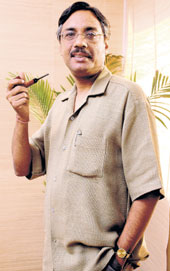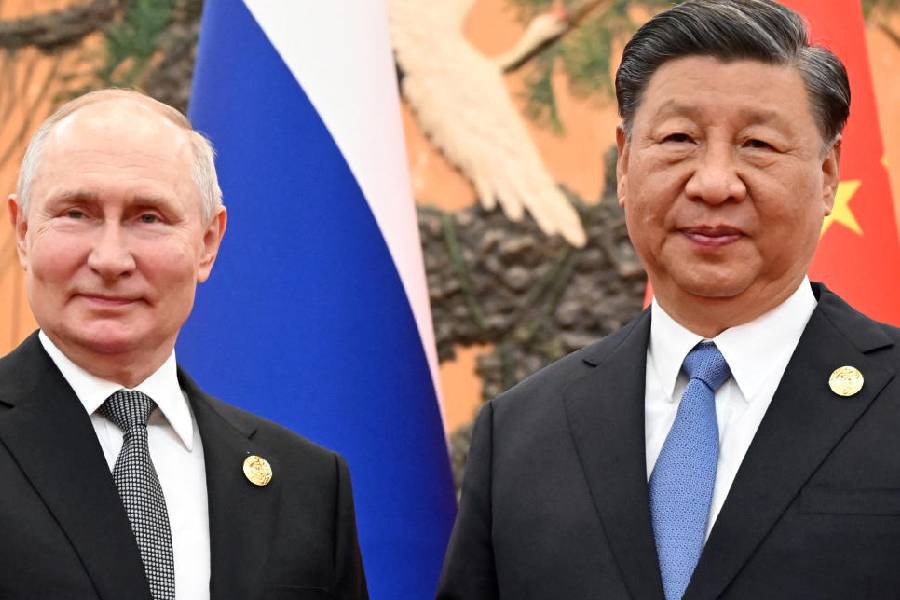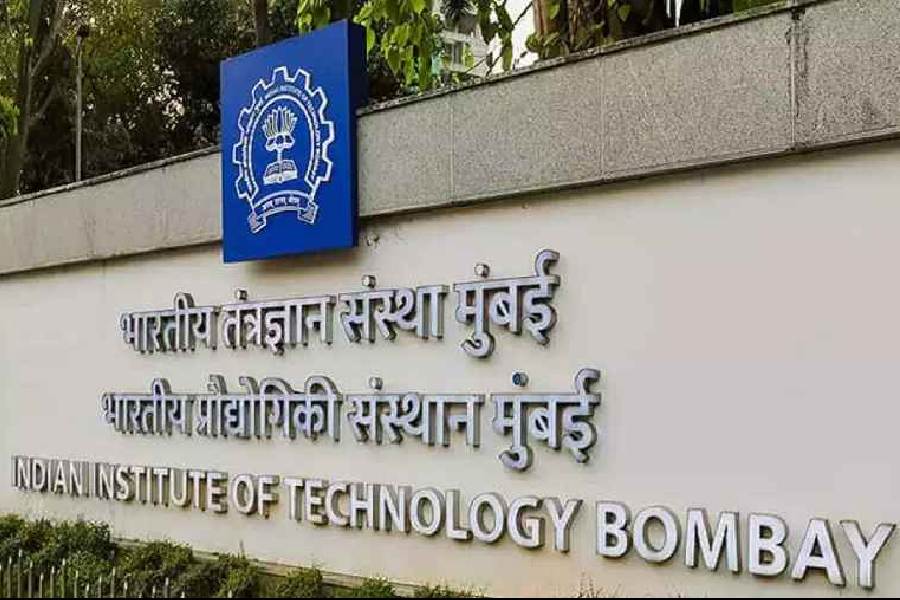 |
Pavan K. Varma has carved out a special place for himself in the world of Indian diplomacy. He’s the cultural czar — the man who sells India’s ‘soft power’ to the world. He also has a second life as an author who keeps up a steady stream of books, despite his crammed schedule throughout the working week.
Varma is unusual among foreign service officers in his dedication to culture. He came back, sometime ago, from London where he was the boss of the Nehru Centre which has always energetically promoted the country’s culture. Now he’s at the Indian Council for Cultural Relations and he’s organising events both in India and in all other corners of the world.
So, when it’s not Pakistani singers mesmerising audiences here, it’s African writers coming to hobnob with their Indian counterparts. And there are mega-events on the cards like the yearlong Indian festival in Japan and a Latin American festival here. “As we emerge as a global power, people like to know us,” he says puffing his pipe and blowing it into the air. “I’ve been smoking a pipe for the past 28 years. I plan to cut down though,” says the cultural czar before taking another puff.
Sitting in his spacious office, it’s clear that he plans to stay on the move. He’s just back from Washington after locating a property for a cultural centre. Besides that, he’s also hoping to open cultural centres in places as far apart as Tokyo and Kabul. Says Varma, “We need to reach out. Cultural diplomacy is finally being used to reinforce the objectives of the government.”
After more than 100 programmes at the ICCR he says, “It’s hard to keep pace with the demand.” Just what makes him passionate about his job? Varma says he works closely with the foreign office besides keeping in mind the larger picture. “We work keeping the whole world in mind,” he says.
At the moment, Varma is also concentrating on building a cultural centre in the capital. “We should have it by the end of next year. We are also thinking of a South Asian centre for art and culture,” says Varma who also squeezes in time for his writing career. “If you’re passionate about what you do, you are most likely to find time to do many things. You also tend to do whatever you do with greater passion and zeal,” he says.
Just what is it that keeps the son of an ICS officer going? Varma says he has always been hyperactive. After schooling at St Columba’s in Delhi and later at Gwalior’s Scindia School, Varma did history honours at St Stephen’s College — where, incidentally, he was an enthusiastic debater.
As a president of the debating society, Varma represented his college in competitions around the country. And later, like his uncle and grandfather, he took up law. In fact, he met his future wife Renuka at Delhi Law Faculty. But after studying law, he appeared for the civil service exams. “At that time the Foreign Service was the best job one could get.” Looking back, he says that his entire family except his father are lawyers, so he would most probably have joined the profession. His grandfather and his uncle were chief justices of Uttar Pradesh.
At 22, he joined the foreign service and at 23, he got married. “We were waiting for me to get a job first before marriage,” he says. And the following year, at 24, he became a father. “We took life as it came. It wasn’t planned,” he says. And wherever he was posted, Varma says he enjoyed it all. “There were all very different and interesting,’ he says.
He has had a varied career in various parts of the world. He worked in New York with India’s Permanent Mission to the United Nations and at another time, he was the high-profile spokesman for the External Affairs Ministry. He also spent several years in Rashtrapati Bhavan as the press secretary to the President of India. More recently, he was the high commissioner to Cyprus.
Now, even as his new book on Kamasutra is approaching its release, there’s another deadline to meet for his next book. “My next book is on culture and identity and I have already done the research,” he says. The only problem is, he’s unable to find time to write and his literary agent in London is already sending him reminders. “I never work on deadlines,” says Varma who picks up his pen whenever he finds time. “It’s a serious book for post-colonial India,” he says refusing to reveal more details.
As for the Kamasutra book, it will be out in January. “You should read the text and not just look at the pictures. It is a book meant for men, to make them better lovers.”
That’s a very different subject from his first book on Ghalib, written when he was 35. “I wrote the book because I thought Ghalib lived in a fascinating period of history, which marked the end of Mughals and the coming of the British.” Besides that he adds, “There was no good book on Ghalib.” The book was a hit for Penguin.
Another book, The Great Indian Middle Class is in its 14th edition in paperback. In between, he also finds time to translate works of the late Kaifi Azmi. “Now, I am translating Gulzar’s poems.” And when he isn’t writing, he has other leisure activities that keep him busy. “Sundays, I play bridge and golf is a must too,” he says. In between all this, he and his wife spend time at their farmhouse in Gurgaon. And he returns to work to figure out new ways to sell Indian culture to the world.
Photograph by Jagan Negi










